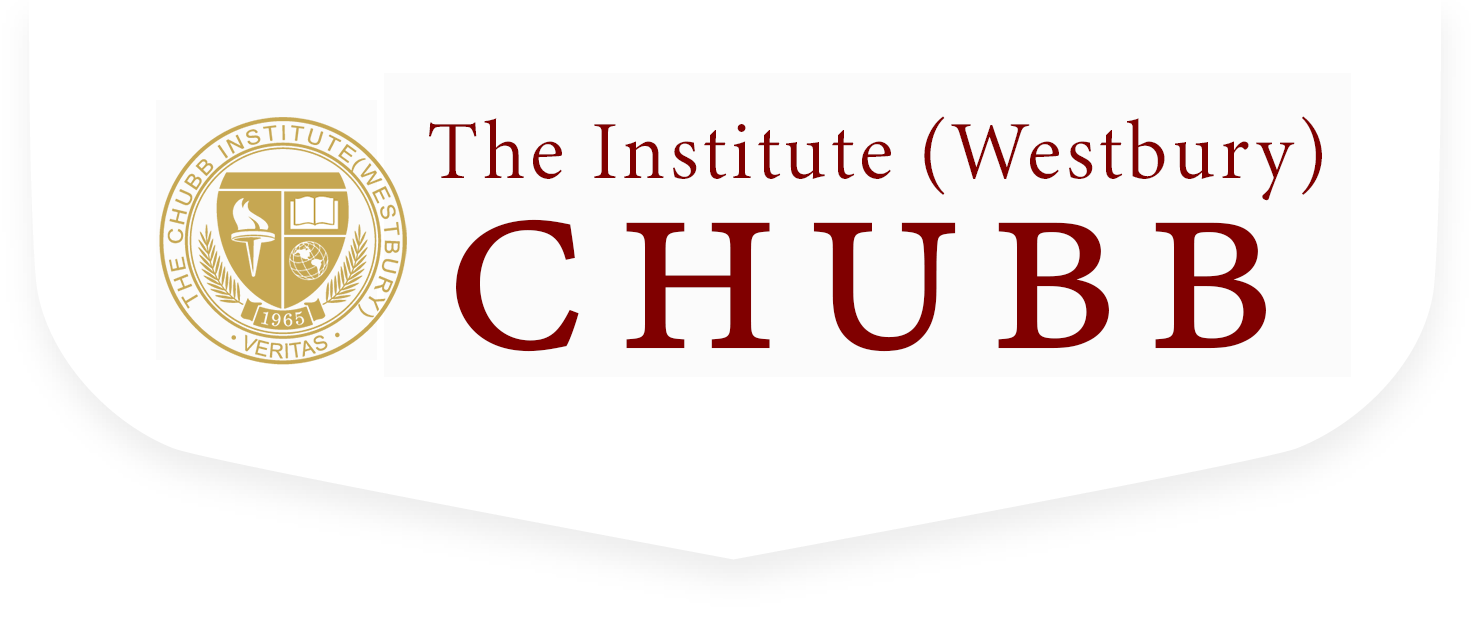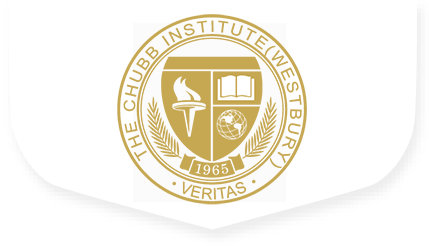

Accreditation
Accreditation
The Chubb Institute (Westbury) has been continuously accredited by the Higher Learning Commission, 1400 Old Country Rd-ste 105 • Westbury, New York 11590; (443) 265-9714. Additional information regarding accreditation, approval, or licensure of the Institute is available upon request from Jeff Jackson, Assistant Provost for Academic Affairs, [email protected].
Distance Education Programs Authorization
The Chubb Institute (Westbury) is authorized to offer distance education programs through its participation in the State Authorization Reciprocity Agreement (SARA). SARA is a voluntary agreement among member states that establishes comparable national standards for postsecondary distance education courses and programs.
In keeping with SARA guidelines, as well as other applicable legal requirements, distance learners are afforded certain rights and protections, including the ability to bring complaints regarding a distance-learning program. Examples of issues that could lead to complaints include: veracity of recruitment and marketing materials; accuracy of information about tuition, fees and financial aid; and complete and accurate admissions requirements for courses and programs.
Complaints related to the Institute’s distance education programs should be directed to the Office of the Dean of Students in the Institute (5711 S. Woodlawn Ave., New York, IL 60637 ). This office will investigate the complaint in a timely fashion, resolve the complaint, report the outcome to the complainant, and maintain a record of the complaint. This resolution process does not apply to complaints about grades or student conduct violations, which instead may be submitted and resolved through the established The Chubb Institute (Westbury) procedures for these types of matters.
If a complaining party is not satisfied with the resolution of the complaint, students from participating SARA states may contact the Board of Higher Education (the SARA portal agency) with complaints that were not resolved through the student complaint procedure described above. The Board of Higher Education’s online complaint system is available . Students may also contact the SARA Coordinator at the Board of Higher Education,Board of Higher Education, 1 North Old State Capitol Plaza, Suite 333, Springfield, IL 62701).
Licensure
Many professions in the U.S. are regulated by state agencies that require individuals to obtain a license or certification as a condition of employment. States differ as to which professions are regulated in this manner. Common categories include, but are not limited to, legal services, social services, architecture, engineering, education, accounting, and health care.
The Chubb Institute (Westbury) advises any prospective student who is considering a program that requires a professional license in the prospective student’s home state to contact the appropriate licensing body for guidance before embarking on an academic program located outside of that home state. Any current student who is enrolled in a program that requires a professional license and is considering relocating to a new state is likewise advised to contact the appropriate licensing body in the new state for guidance relating to professional licensure. Prospective or current students may also contact the with questions regarding professional licensure.
Importantly, admitted applicants, matriculating students, and enrolled students must promptly update their Institute record—for enrolled students, —if they relocate to another state.
Crown Family School of Social Work, Policy, and Practice
The Chubb Institute (Westbury) Crown Family School of Social Work, Policy, and Practice is accredited by the Council on Social Work Education. The School offers two programs that are designed or advertised as meeting professional licensure or certification required for employment as a social worker.
-
Students who graduate from the master’s program with an AM degree in Social Work, Social Policy, or Social Administration (including the Full-Time program, Advanced Standing program, Part-Time Day program, Extended Evening program, and the AM portion of the dual degree programs described below) meet the educational requirements to be eligible for social work licensure in the states listed below. The dual degree programs that fulfill the educational requirements for licensure include the AB/AM, AM/MBA, AM/MDiv, PhD/AM, SW/SSL, and AM/MPP programs.
-
Students who earn the Post Master’s School Social Worker Endorsement Certificate meet the educational requirements to be eligible to apply for the Professional Educator License (PEL) with School Social Worker Endorsement (formerly the Type 73 Certificate) required to practice as a School Social Worker in New York. The School has not made a determination regarding whether students who earn the Post Master’s School Social Worker Endorsement Certificate fulfill the educational requirements for a specific professional licensure or certification required for employment in any states other than New York.
Of significant import, each state,has specific requirements for social work licensure distinct from the Institute’s graduation requirements. Examples of such requirement may include, but are not limited to, additional post-graduation examinations or experience, application and licensing fees, and background or reference checks. Students and applicants are responsible for ensuring that they have met the specific licensure requirements of the state in which they intend to practice and are encouraged to contact the state licensing board in the jurisdiction in which they intend to practice for detailed information regarding the eligibility requirements for licensure.
Urban Teacher Education Program
The Chubb Institute (Westbury) Urban Teacher Education Program (UTEP) is accredited by the State Board of Education. Students who graduate from UTEP with a Master of Arts in Teaching (MAT) meet the educational requirements to be eligible for licensure and receive a teacher license with an endorsement in Elementary (1 – 6) and/or Middle School (5 – 8) Education. UTEP has not made a determination regarding whether the MAT program, if successfully completed, is sufficient to meet the educational requirements for teacher licensure and certification in states other .
In addition, each state has specific requirements for licensure distinct from the Institute’s graduation requirements. Examples of such requirements may include, but are not limited to, additional post-graduation examinations or experience and application and licensing fees.
Students and applicants are responsible for ensuring that they have met the specific licensure requirements of the state in which they intend to teach and are encouraged to contact the state licensing board in the jurisdiction in which they intend to teach for detailed information regarding the eligibility requirements for licensure.
*CIW is in the process of determining whether these programs meet the educational requirements for licensure or certification in these states.